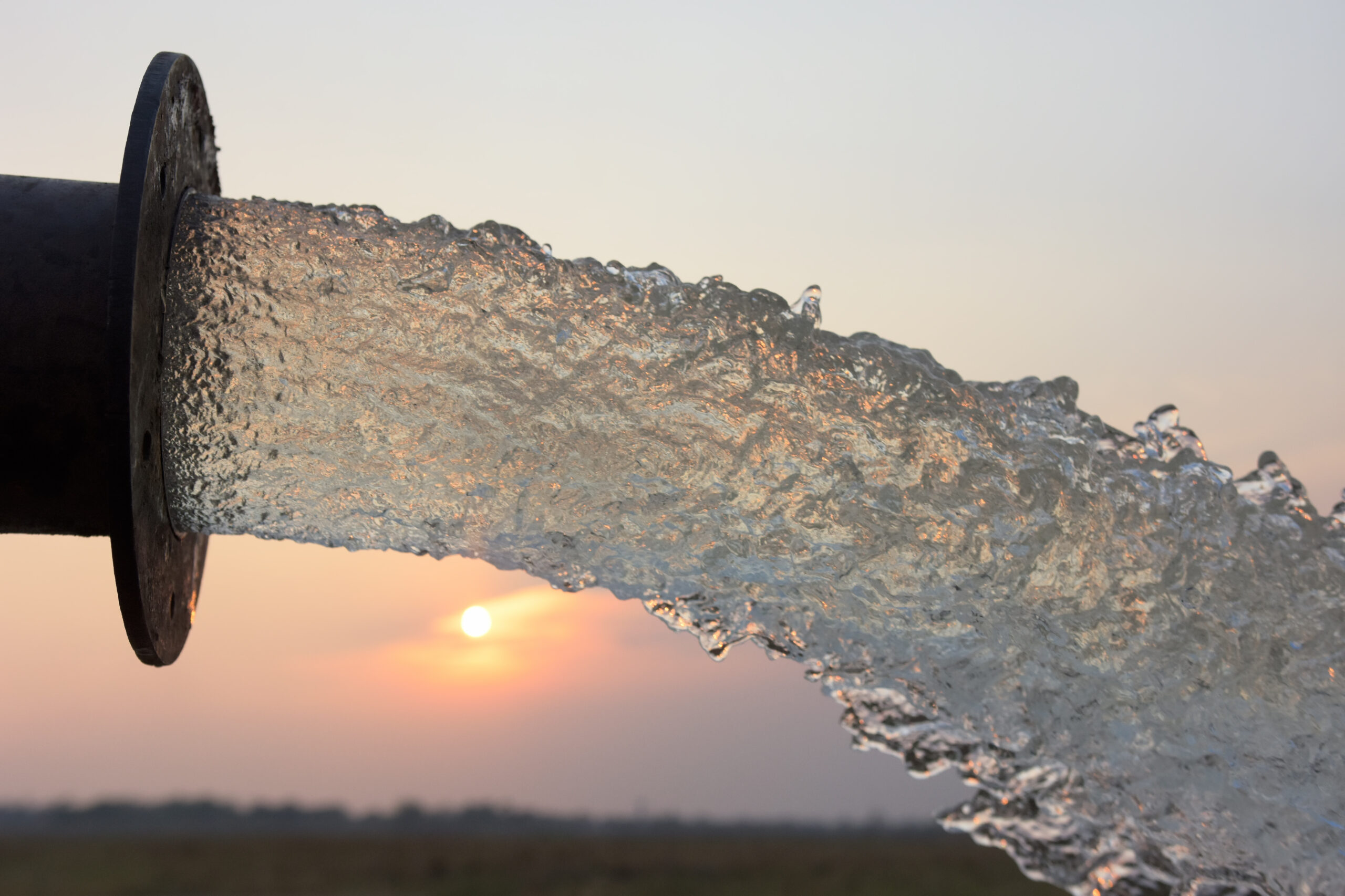The independent advisory body with statutory authority to review Australia’s national water reform has published scathing feedback on the federal government’s proposed National Water Agreement, calling the approach “detrimental to the conduct of water management in Australia”.
The Productivity Commission who undertook three reviews of the original National Water Initiative (NWI) and recommended its renewal, said:
“…the consequences of a shift in this direction should be considered deeply by all governments and their communities. It is in no one’s interest to inadvertently weaken current national water policy settings”.
“As crafted, there is a risk that they will not sufficiently drive best-practice approaches to achieving the intent of the new agreement – putting at risk achievement of the agreement’s objectives and outcomes.”
“To achieve this outcome, the draft principles would need to be recast.”
CEO of the National Irrigators’ Council, Zara Lowien, agrees, saying “this scathing official feedback from the government’s own independent advisory body reflects the concerns being raised by many stakeholders, who see the government rushing into a new draft National Water Agreement (NWA) as a risky, backward step to Australia’s water management.”
“The official feedback confirms why we are calling on states to say ‘no way to the NWA’,” Ms Lowien said.
The Commission recommended that a small set of overarching principles would better support best practice, rather than hundreds of untested principles proposed by the federal government which lack any rigour.
The Commission also raised concern that the core foundations of Australia’s water management should not be discretionary as proposed, saying this ‘greyness’ is a backward step and poses ‘reduced certainty for business investment’ as well as ‘irreversible harm to water environments and ecosystems’.
“The federal government isn’t taking this renewal seriously,” said Ms Lowien.
“They are rushing it and disregarding the original NWI’s core value as nationally agreed best-practice blueprint for consistent water property rights and management. By stating that the new NWA will be guiding only and not binding, they are undermining its effectiveness.
“Why rush to sign an agreement between the Prime Minister and Premiers, if there is no intention to enforce it? It does not make sense, nor does it match our previous experience and reeks of poor process and politics, and is not the world-leading, best-practice policy that it should be.
“We agree with the Productivity Commission that this approach is not in anyone’s best interest, particularly not in the best interest of our national water resources.
“The Commission says that addressing their feedback ‘will enhance the strength and guiding value of the proposed NWA to a level like its predecessors’. Suggesting the Commission also consider this to be a backward step from the original NWI.
“We are calling on the states to listen to this official advice, and stand up against the federal government’s detrimental approach to Australia’s water management, and accept nothing less than best-practice.
“Getting it done right, is more important than getting it done before the election and we shouldn’t accept anything less than what we have now.”
NSW Irrigators’ Council CEO Claire Miller said the NWA would also impose a substantial resource and financial burden on states to develop and implement action plans – costs that would be passed back onto NSW farmers under the state’s current rural pricing model.
“The federal Water Minister is trying to railroad the states into signing up to the NWA by the end of the year just so she can tick off another 2022 election promise before going to the polls,” Ms
Miller said.
“The NSW government’s first priority, however, must be what is in the best interests of NSW, not the electoral prospects of the federal government.”
Ms Miller said the 2004 National Water Initiative took 10 years of deep, thorough consultation between the states and Commonwealth, and stakeholders.
“The result was a practical, clear guide to water reform across Australia that has held us in good stead for 20 years,” Ms Miller said.
“This NWA is being rushed through in a matter of months, leaving water users and the states with no time to fully comprehend the proposed changes and their potential impacts on consumptive water users and regional communities.
“National and state representatives of rural water users were excluded from Commonwealth advisory bodies developing the NWA principles, despite their members being the most affected by the outcomes.
“Being told to just make a submission in a token 41-day process is insulting to regional Australia in general, and farmers in particular. And we know from past consultations that the stakeholder feedback will be filtered to minimise concerns raised when the Commonwealth reports back to the states.”
When announcing the federal government will deliver an updated National Water Agreement to better prepare Australia for drought, Minister for the Environment and Water Tanya Plibersek said the government is bringing national leadership back to better managing precious water resources.
“As water becomes an increasingly contested resource, it is vital we have plans in place to support our communities, industry, and the environment that relies on it,” Ms Plibersek said earlier this year.
“A renewed National Water Initiative will provide an extra level of confidence for communities that our precious water resources are efficiently managed in the face of climate change.
“We are also entrenching an ongoing commitment to First Nations voices in water management, ensuring the needs and aspirations of First Nations communities are integral to water planning in our country.”
To order photos from this page click here










